Brown, J., Hazen, S. Microbial modulation of cardiovascular disease. Nat Rev Microbiol 16, 171–181 (2018). https://doi.org/10.1038/nrmicro.2017.149
Key Points
- Microbial communities are associated with the human host, primarily in the intestinal tract, where they affect host metabolism and contribute to the pathogenesis of cardiovascular disease.
- The susceptibility to atherosclerosis and thrombosis can be transmitted via gut microbial transplantation in mouse models.
- Microbial-associated molecular patterns are sensed by host pattern recognition receptors and affect cardiovascular disease pathogenesis.
- Microbial metabolism of common dietary nutrients produces both anti-atherogenic and pro-atherogenic metabolites that engage distinct host receptor systems and affect cardiovascular disease pathogenesis.
- Plasma levels of the gut microbial metabolite trimethylamine-N-oxide are associated with incident development of cardiovascular disease and its adverse outcomes in humans.
- Bacterially derived short-chain fatty acids (acetate, propionate and butyrate) can engage host receptor systems and potentially affect cardiovascular pathogenesis.
- Bacterially derived secondary bile acids can modulate dietary fat absorption and signal through cell-surface and nuclear hormone receptors, potentially affecting cardiovascular disease pathogenesis.
- Gut microorganism-targeted therapeutic strategies hold promise for the prevention and/or treatment of cardiovascular disease.
Abstract
Although diet has long been known to contribute to the pathogenesis of cardiovascular disease (CVD), research over the past decade has revealed an unexpected interplay between nutrient intake, gut microbial metabolism and the host to modify the risk of developing CVD. Microbial-associated molecular patterns are sensed by host pattern recognition receptors and have been suggested to drive CVD pathogenesis. In addition, the host microbiota produces various metabolites, such as trimethylamine-N-oxide, short-chain fatty acids and secondary bile acids, that affect CVD pathogenesis. These recent advances support the notion that targeting the interactions between the host and microorganisms may hold promise for the prevention or treatment of CVD. In this Review, we summarize our current knowledge of the gut microbial mechanisms that drive CVD, with special emphasis on therapeutic interventions, and we highlight the need to establish causal links between microbial pathways and CVD pathogenesis.


